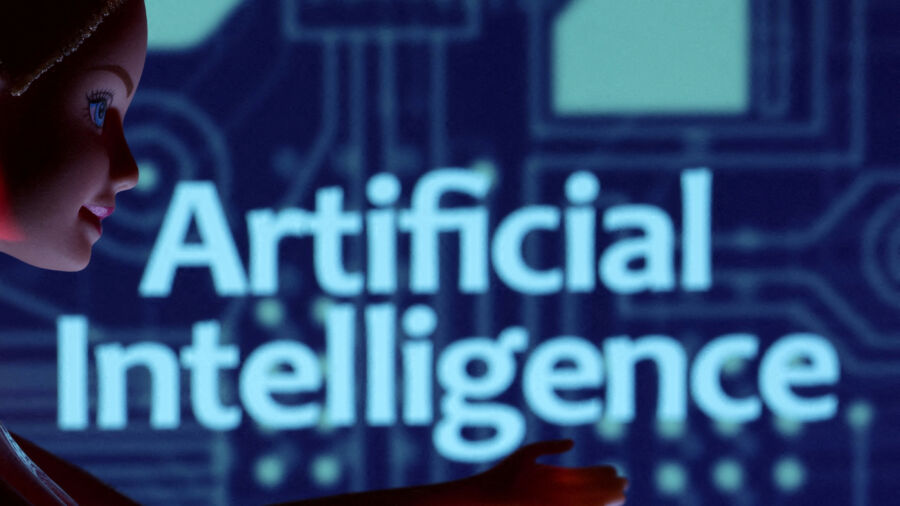Artificial intelligence will step in for a swathe of editorial roles as part of an overhaul of Germany’s largest newspaper title, Bild.
The tabloid publication is undergoing a significant shakeup of its operations following a pledge from the publisher, Mathias Döpfner, to make the brand “digital only.”
On June 19, the German publishing company that owns Bild, Axel Springer, told staff that redundancies—estimated to be in the hundreds—would be underway.
The company said it would “part ways with colleagues whose jobs will be replaced by AI and/or automated processes in the digital world, or who do not find themselves in this new line-up with their current skills,” according to an email obtained by German newspaper Frankfurter Allgemeine.
“Roles such as editors, print production journalists, proofreaders, photo editors, and assistants will no longer exist like they do today.”
The move also comes amid cuts to regional titles and the shutting of smaller newsrooms.
Axel Springer is Europe’s largest publisher and acquired U.S. news titles, Politico and Business Insider in 2021.
In March, CEO and publisher Döpfner issued a stark warning to staff on the impact of AI.
“Artificial intelligence has the potential to make independent journalism better than it ever was—or simply replace it,” he said in an internal letter to employees.
“Understanding this change is essential to a publishing house’s future viability,” Döpfner added. “Only those who create the best original content will survive.”
In response to the latest changes, the German Journalists Association was scathing.
“If Mathias Döpfner wants to slaughter the cash cow of the group, that’s not only unfair to the employees but also economically extremely stupid,” said Frank Überall, federal chairman of the Association, in comments from The Telegraph.
“Less regional reporting means less service for the readers and therefore fewer readers.”
AI’s Impact on Media and Wider Society
The emergence of ChatGPT in recent times, a widely accessible AI-powered tool that can engage the public in all sorts of conversations, has spurred questions over AI’s role across many industries.
Key questions include what impact AI will have on employment, whether AI-generated information is accurate and broader, and existential questions like whether AI will surpass or supersede humans (or achieve “singularity”).
In the media space, U.S. publishing giant Gannett and newswire service Reuters have said they would include AI in story production but only with human oversight.
“The desire to go fast was a mistake for some of the other news services,” said Renn Turiano, senior vice president and head of product at Gannett, in comments obtained by Reuters.
“We’re not making that mistake.”
While media mogul Barry Diller, who co-founded the Fox Broadcasting Company, was blunt in his assessment of the technology.
“Unless publishers say, ‘You cannot do that until there is a structure in place for publishers to get paid.’ You will see another wave even more destructive,” he told the Sir Harry Evans Global Summit on Investigative Journalism.
Diller compared the impact of AI to that of online news on the traditional media industry, saying there was “enormous destruction” of newsrooms.
Governments worldwide are now grappling with developing regulations to control the development of AI.
Tech entrepreneur and Tesla founder, Elon Musk, has been the most prominent critic of uncontrolled AI innovation.
“AI is more dangerous than, say, mismanaged aircraft design or production maintenance or bad car production in the sense that it has the potential—however, small one may regard that probability, but it is non-trivial—it has the potential of civilisational destruction,” he told Tucker Carlson.
Musk joined over 1,000 other tech experts in calling for an immediate pause to AI development.
In a joint letter, they warned that companies have been “locked in an out-of-control race to develop and deploy ever more powerful digital minds that no one—not even their creators—can understand, predict, or reliably control.”
“Powerful AI systems should be developed only once we are confident that their effects will be positive and their risks will be manageable,” it said.
From The Epoch Times


